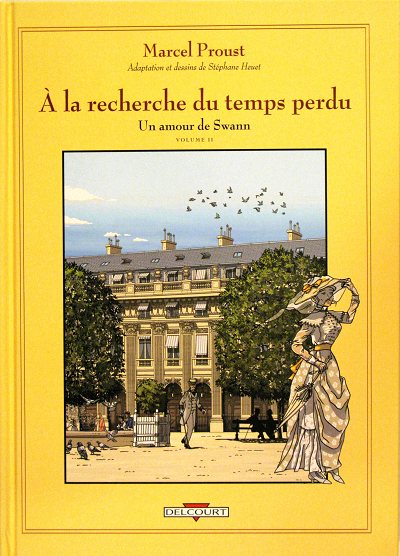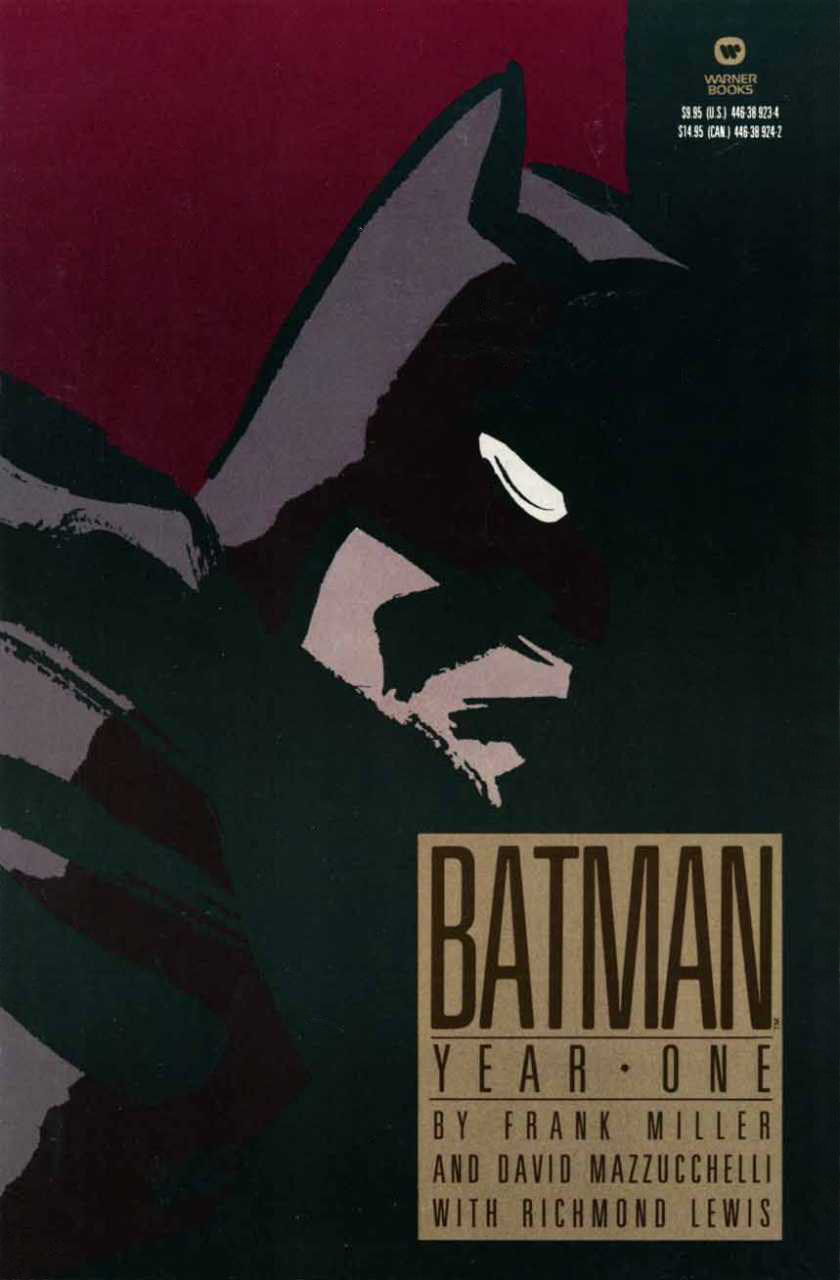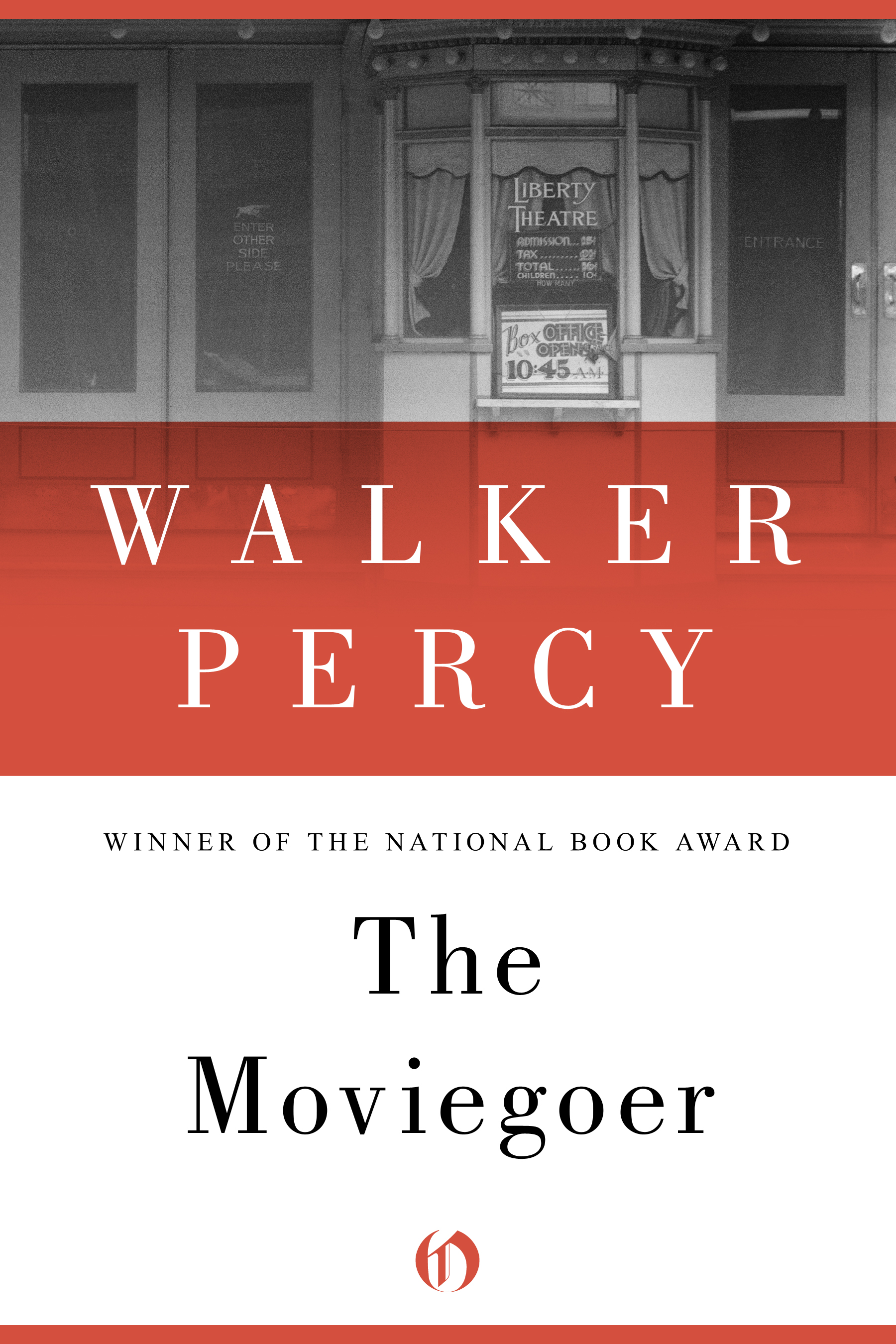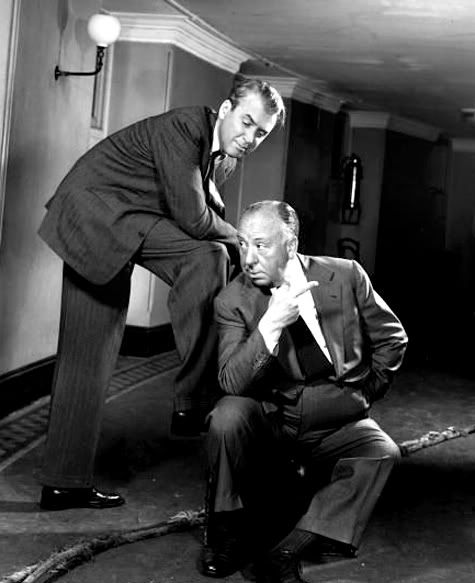We can't be too selfish, there are many, many, many masterpieces that have made it to the silver screen. Here are a few that haven't.
7: Ronnie Rocket. Directed by David Lynch.
6: Gershwin. Directed by Martin Scorsese.
5: In Search of Lost Time (À la recherche du temps perdu). Directed by Luchino Visconti.

This epic novel of seven volumes, written by one of the stalwarts of twentieth century French literature, Marcel Proust, was, for a period of time in 1969, courted by the magisterial cinema, opera and theatre director Luchino Visconti, when he commissioned a screenplay adaptation by Suso Cecchi d'Amico. In Search of Lost Time is thematically routed to involuntary memory, thus the prose flies and dives in many time periods. The most exciting thought of this potential picture was Visconti's eye for actors. Dustin Hoffman, Marlon Brando, Lawrence Olivier, Alain Delon and Silvana Mangano were all touted. The project however, was too ambitious for studios to back. Visconti had proven credentials to throw a lasso around an opus and bring it down to earth. This particular masterpiece though, never quite found its footing.
4: Batman: Year One. Directed by Darren Aranofsky.

Batman and Robin bombed with everyone, so Warner Bros. went with a new tact post-millennium. They decided to explore a darker Batman, one that is transported away from the tone of the original comic-books, and plunged into the depths of gritty realism. Frank Miller's realism to be precise, as the studio was vehement that his version was to be adapted for the big screen. Darren Aranofsky, woken up after Requiem for a Dream, was the chosen one, however, as he and Miller began to wonder away from the original Batman story ark, Warner Bros. began to realise the risks in their bright idea. They decided to shelve this particular incarnation, though they would later go on to signal Christopher Nolan, whose enforcement of a grittier milieu to Gotham begs the question why Warner Bros. lost faith in Aranofsky a few years earlier. Perhaps the Black Swan director wanted to dance too far into darkness, once claiming to an interviewer that he imagined Gordon as a 'Serpico like character' and Bruce Wayne as a 'Travis Bickle type'. If this had transpired, one wonders how scarred The Joker would have been had he turned up in Aranofsky's vision...

3: The Moviegoer. Directed by Terrence Malick.

Terrence Malick has always been a part-time director and a full-time visionary. He dreamt of The Moviegoer going to the silver screen in the mid-to-late 80's and early 90's. He even got as far as casting; Tim Robbins and Julia Roberts were to play the leads, Robbins coming out of another film related movie, Robert Altman's The Player. Yet, time trickled by, and Malick had other commitments to The Thin Red Line, and when it came to 2005, when Malick had completed post-production on The New World, Hurricane Katrina decimated New Orleans, a fixture of Walker Percy's book. Malick was quoted as saying in a rare public appearance, after this natural disaster, that 'I don't think the New Orleans of the book exists anymore'. This is a great shame, as one of the outstanding works of twentieth century American literature that has not been adapted for cinema, will never be made by one of the expert auteurs of our time.
2: The Blind Man. Directed by Alfred Hitchcock.

To me the most interesting of all of the lost Hitchcock projects, The Blind Man never saw the light of day. Why? Blame Walt. This Hitchcock picture was supposed to be guided into production right after Psycho, a slasher Disney was repulsed by. The Blind Man required access to Disneyland for one of its climactic sequences, and, due to his disdain for Psycho, Disney refused. Hitchcock and Disney had previous together, with a cartoon sequence of Walt's appearing in Hitch's 1936 film Sabotage. Though, Psycho cut through these ties between both men. The film was to star James Stewart, who was still recovering from Vertigo, the film not the fear, which flopped upon release. It would follow a blind pianist who regains his sight after accruing new eyes from a murder victim, via a transplant. Presumably he would go on to have flashbacks of what the eyes saw prior to vacating their rather unfortunate former owner. Hitchcock bathed in the pleasure of suspense, and this had that written all over it.
1: Heart of Darkness. Directed by Orson Welles.

The man behind the "greatest film ever made" is also behind the greatest film never made. Welles version of Heart of Darkness dissected the European political underbelly of the 1930's, exploiting the adaptability of Conrad's novella. His screenplay was anti-fascist, and Hollywood studios were hesitant to accept such a story with a subtext that reeked of political aggression, especially in 1939. In addition to this, Welles took too long on an exceedingly long screenplay (183 pages) and the film was predicted to overhaul a $1 million budget. Nonetheless, the most radical notion of Welles was to utilise a first-person camera for the entirety of the picture, a feat that had not been established before. Orson Welles tome-like adaptation ended up in the tomb, which would lead him onto a biopic of a wealthy newspaperman. Citizen Kane was revolutionary in its camera composition, yet if Heart of Darkness had come to light, would it have caused a greater wave in the education of future film-makers? Robert Montgomery attempted the first-person camera technique with Lady in the Lake in 1947, and that shoot was a misfire. Welles wizardry is incomparable however, so we can do nothing but guess the density of Heart of Darkness's potential impact. Still, at least we have Apocalypse Now, which rumbled along the Mekong river, stretching out Conrad's prose, with Francis Ford Coppola proving to be a worthy replacement of Orson Welles.







